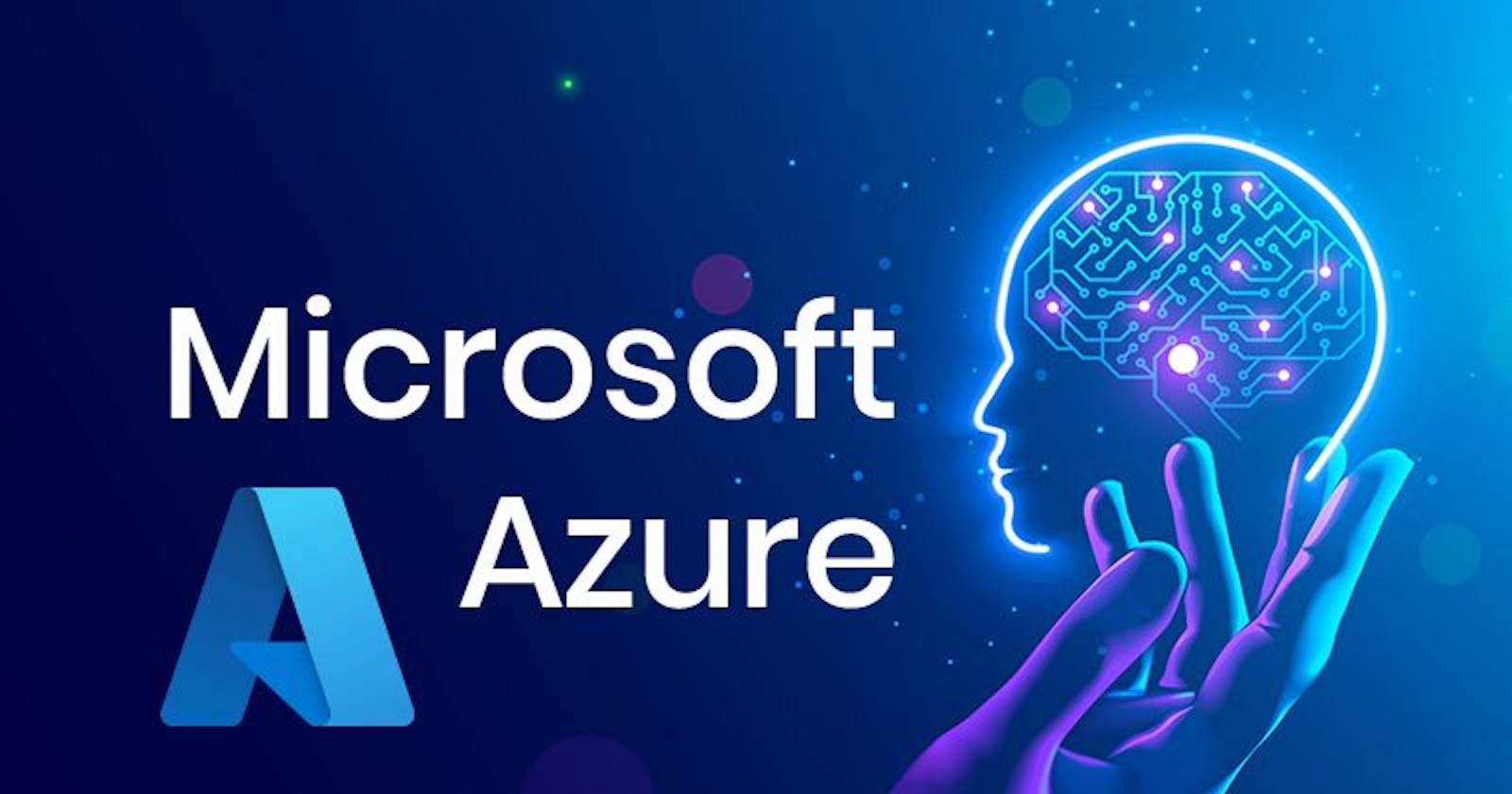Artificial Intelligence (AI) has become an important part of our daily lives, from face recognition locks on our phones to algorithm-based content on social media. Its advancements bring both advantages and disadvantages. This article walks through the ethical significance of responsible AI usage and shows how Microsoft Azure AI helps developers create reliable and trustworthy AI systems that can positively impact our world.
The Dark Side of Untamed AI
In a future where AI is ubiquitous, it's necessary to address potential factors that could harm specific population groups. Unfiltered AI can carry on the existing societal biases, resulting in unfair outcomes for certain groups. A loan application by AI may discriminate against certain demographics without realizing it, and biased facial recognition systems could lead to wrong identifications. Algorithms that are not transparent can develop distrust and create a gap between users and technology. Also, privacy concerns arise in the user's mind as AI gathers and processes large amounts of data. Responsible AI practices are made to minimize these risks and establish trust by upholding ethical principles:
● Fairness and Non-Discrimination: AI systems should be built and used in a way that avoids bias and prejudgement.
● Reliability and Safety: AI systems must function as preplanned and the risk associated with it must be as low as possible.
● Privacy and Security: Users' data should be protected and the privacy of individuals should be respected.
● Inclusivity: The needs and perspectives of everyone must be considered while developing AI.
● Transparency: AI decisions should be explainable and understandable by humans.
● Accountability: The developers must be held accountable for the actions of AI.
Building Trustworthy AI with Microsoft Azure AI
Microsoft Azure AI identifies the importance of Responsible AI to foster trust and foster ethical advancements. It equips developers with a selection of tools and resources to craft AI solutions:
● Addressing Bias through Fairness Checks: Azure Machine assists in identifying any underlying biases in data and models. Therefore it empowers developers to adopt strategies that reduce bias and promote fair outcomes.
● Insightful AI Tools:- Tools like the Azure Explainable AI Service ( InterpretML) offer insights into how AI models make decisions. Understanding the decision-making process of AI developers can enhance transparency and build trust.
● Streamlining Responsible Development:- The Responsible AI Dashboard serves as a hub for integrating aspects of responsible AI. This tool helps streamline the development process while ensuring adherence to AI principles.
● Promoting Collaboration with the Responsible AI Scorecard (Preview):- This tool informs stakeholders about the reliability and fairness of AI models fostering collaboration, among developers, companies and users to cultivate trust.
The Path to a Responsible AI Future
By adopting responsible AI practices with Microsoft Azure AI, developers can:
1. Reduce bias and ensure unbiased outcomes for everyone.
2. Building trust and transparency with users.
3. Weaken risks and ensure safety.
4. Stick to evolving regulations and ethical guidelines.
Building a future powered by responsible AI requires a collective effort.
Here are the next steps:
● Educate Yourself: Stay informed about the latest advancements in AI.
● Demand Transparency: Ask questions about the AI systems you use and hold the developers accountable for the AI practices.
● Support Responsible Developers: Look for and use AI that is built with responsibility in mind.
By working together, we can ensure AI serves humanity and paves the way for a more inclusive future. So, what are your thoughts on responsible AI? Have you ever encountered an AI system that seemed biased? Share your thoughts in the comments below!
